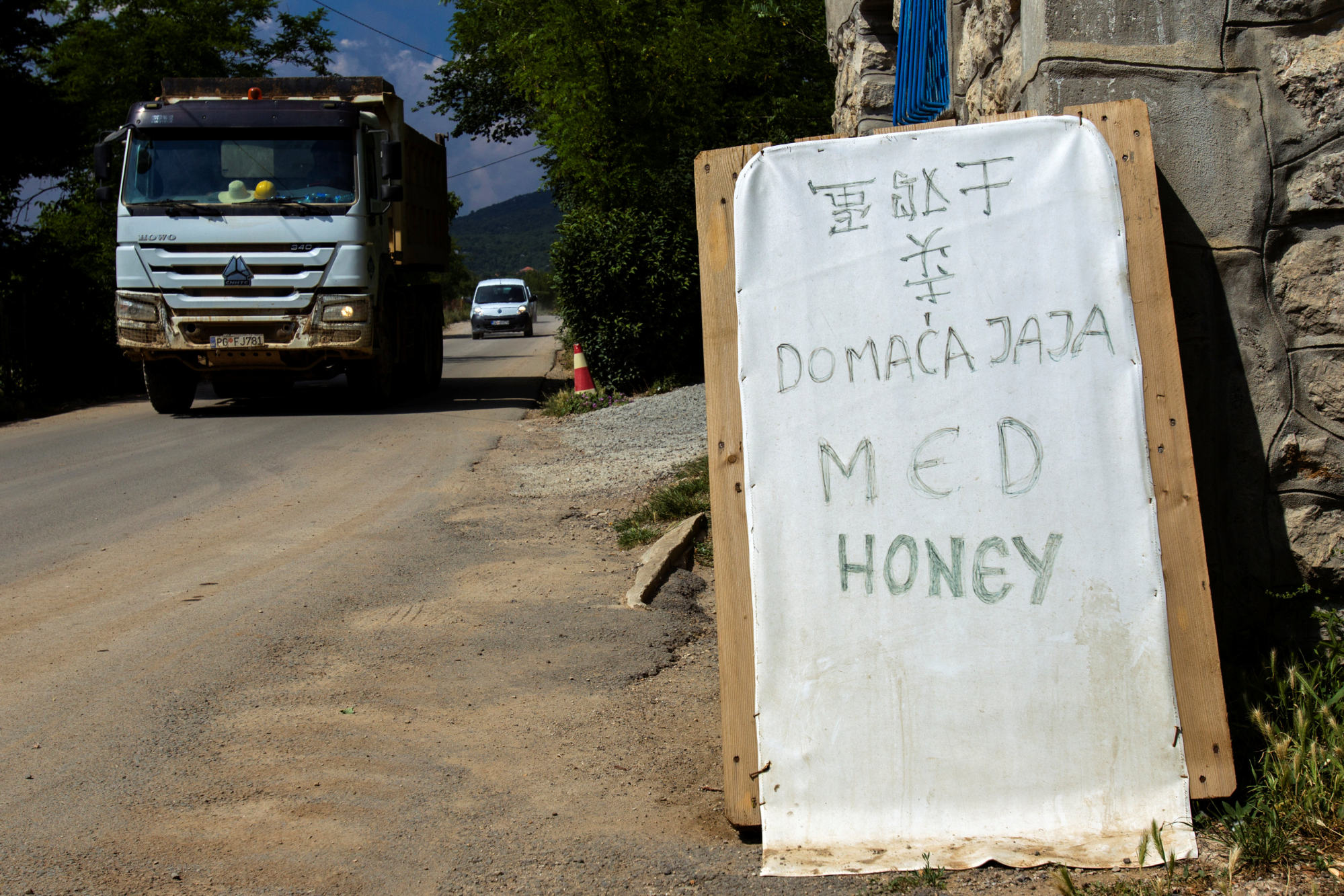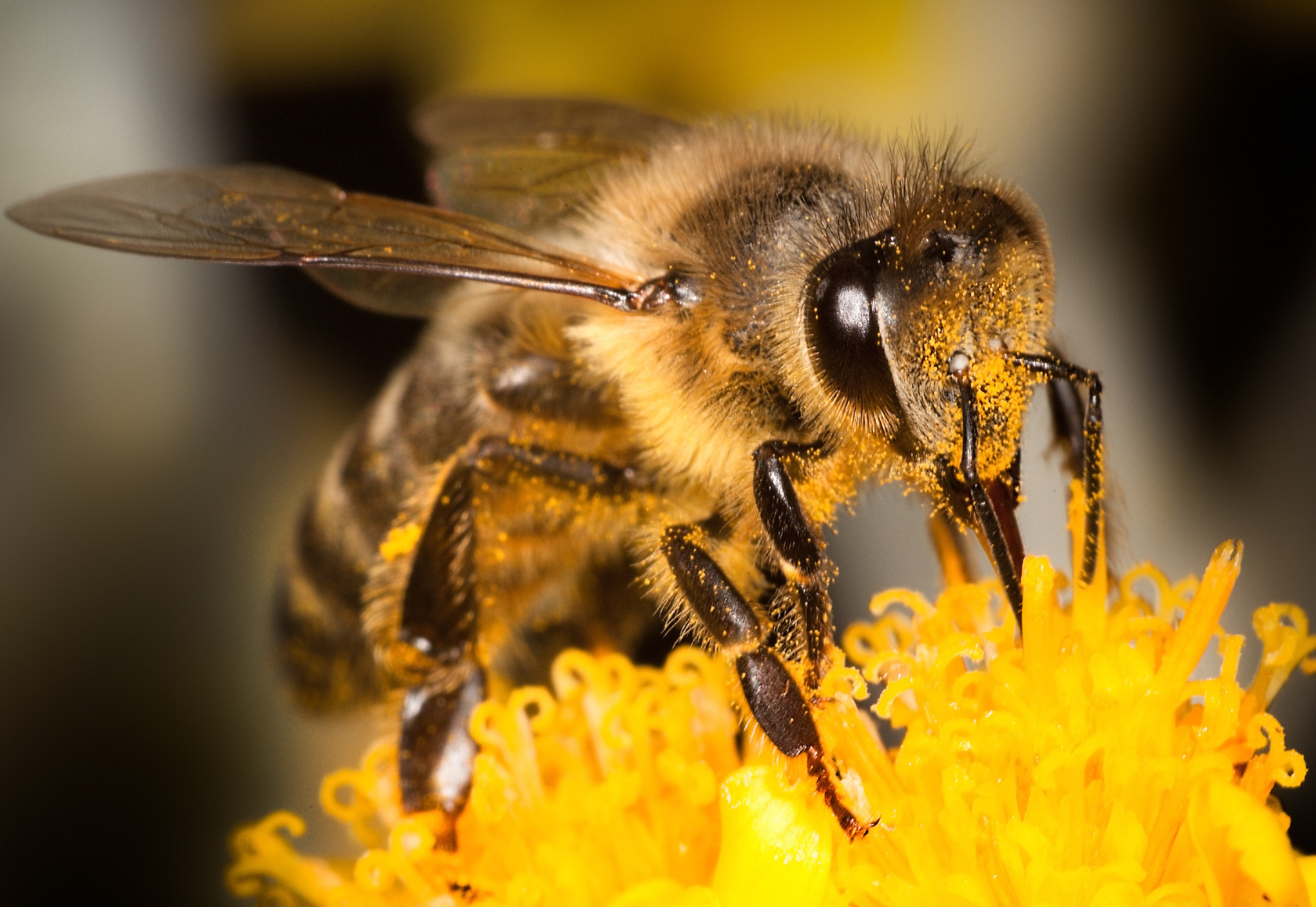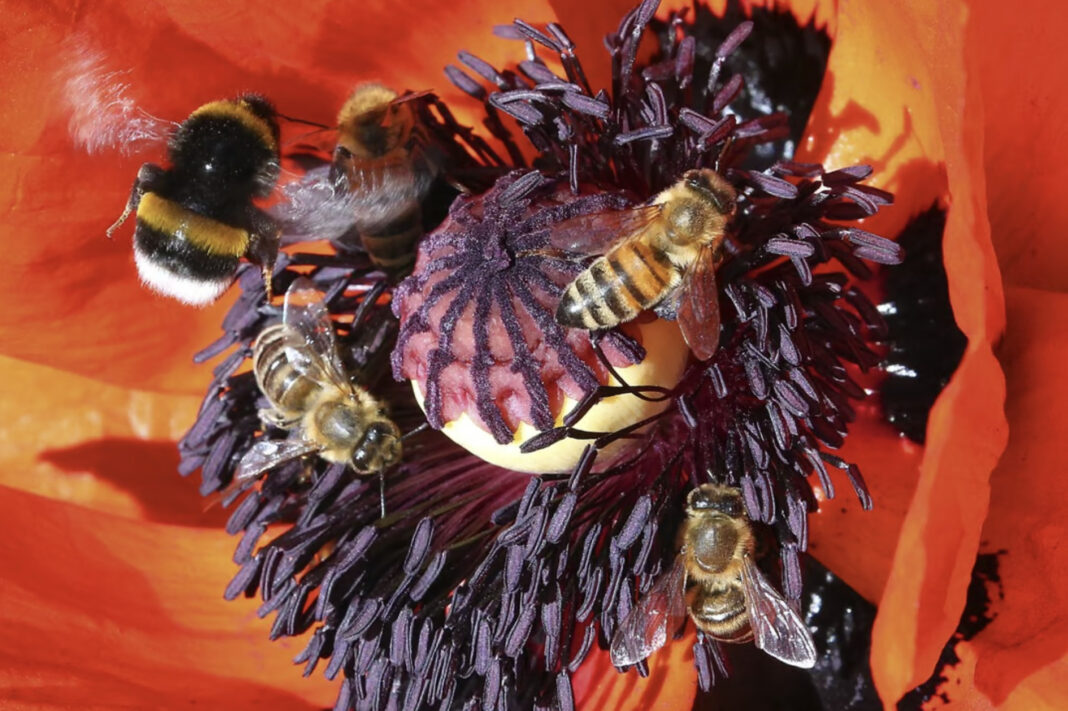As if there were not already enough national security threats for the European Union to worry about, it seems another is about to be added: “honey laundering”.
A two-year examination by the European Union’s Anti-Fraud Office of 320 samples of imported honey has found that 46 per cent of the imported samples were adulterated in a wide range of imaginative ways. They ranged from simply adding sugary syrup to additives and colourings to mislabelling and disguising where the honey came from.
Almost three-quarters of the adulterated samples came from China. This is perhaps no surprise since China is the world’s leading honey producer, accounting for about 40 per cent of all exports by volume. New Zealand leads the world in terms of export value because of the premium prices earned from its manuka honey.
Combine China’s market presence with its poor track record on food safety – remember the awful melamine-tainted baby formula scandal in 2008 that killed six babies and affected an estimated 300,000 children? – and China being targeted for so many trade and economic complaints these days and it is unsurprising that China is in the EU’s sights.
Europe’s 600,000 or so beekeepers, most of them located in the warmer southern member economies around the Mediterranean, are up in arms. Cheap honey imports are not just threatening their livelihoods, the decline of local bee populations is undermining the pollination that local bees provide and threatening Europe’s food security.
It seems nowadays that all trade protectionism needs to be justified on national security grounds, and the agricultural sector is no exception.

Construction trucks pass by a board advertising eggs and honey in Chinese (with the words upside down and flipped), Montenegrin and English on the Bar-Boljare highway construction site in the village of Pelev Brijeg, Montenegro on June 11, 2018. Photo: Reuters
The world’s largest importers of honey are the United States and the EU. As demand for honey has steadily risen in recent decades, local suppliers have struggled to keep up.
The steepest import trend has been in the US, with imports accounting for three-quarters of its market, up from 25 per cent three decades ago. However, anti-dumping duties on honey from China since a massive honey-laundering scandal in 2013 have created a sharply different import profile. China is a negligible supplier to the US today, with most imports coming from India, Vietnam, Argentina and Brazil.
Europe’s beekeepers produce about 218,000 tonnes of honey annually, with a further 175,000 tonnes imported, mainly from China, Ukraine, Turkey and several Latin American countries. This threatens to give Europe’s simmering row over honey a distinctively Chinese flavour.
While local honey producers blame the challenge of cheap imports – with cheapness believed to be a result of adulteration – declining production seems to have as much to do with pesticides, climate change, the loss of countryside across which bees can forage, and a number of diseases which have plagued bee communities.

Bees are important to the global food supply, not just for the honey they produce but also for their pollination of a wide variety of crop species. Photo: Shutterstock
It is these challenges that lie at the heart of the pollination crisis that underpins Europe’s food security concerns. It is as pollinators rather than honey producers that bees are critical to global food security. Of the 100 crop species that provide 90 per cent of food supplies worldwide, 71 rely on pollination by bees.
The EU’s security concern is simple. Since Europe’s beekeepers can’t survive on pollination services alone, income from honey is critical. If honey prices don’t stay high, beekeepers can’t stay in business. No local bees, no local pollination of food crops and an existential crisis for Europe’s highly protected farm sector.
The EU’s “From the Hive” study suggests that around half of Europe’s honey is doctored, and that the doctoring is what makes it cheap. After milk and olive oil, honey is understood to be the third-most-adulterated product in the world.
At its simplest, honey is being adulterated by adding sugar syrups. Sucrose is simple to spot in purity tests, but fructose is essentially no different from the sugars in pure honey and so is less easily spotted. Over the years, doctoring has become cleverer to slip past purity checks.
Third-generation Hong Kong beekeeper demonstrates how honey is collected
So-called resin technology is used to lighten colour and remove unpalatable aromas and flavours. Bio-engineered sweeteners are being blended. The pollen that is a key identifier of the origin of honey is being removed, and pollens from destination markets are being synthetically added to suggest local production.
Chinese honey producers are accused of placing sugar syrup supplies close to beehives, a trick that saves bees the effort of foraging while at the same time allowing them to produce honey more quickly. Given that bees normally need to tap around 4 million flowers to produce a kilo of honey, and only produce around a twelfth of a teaspoon of honey in their lifetime, some beekeepers might see this as a way of boosting honey production – even though the practice can significantly reduce bees’ pollination.
There are also accusations of harvesting unripe honeycombs. Bees don’t naturally cap the pots of the honeycomb until liquids in the honey fall below 18 per cent, so production volumes can be boosted by harvesting prematurely.
The scene seems set for the EU to use security grounds to slap substantial anti-dumping duties on China’s cheap honey. The aim will not be to raise honey prices but to provide the incentives necessary to rebuild Europe’s army of beekeepers and rebuild self-sufficiency in crop pollination services. Like it or not, national bee security has become a new protectionism.
David Dodwell is CEO of the trade policy and international relations consultancy Strategic Access, focused on developments and challenges facing the Asia-Pacific over the past four decades

